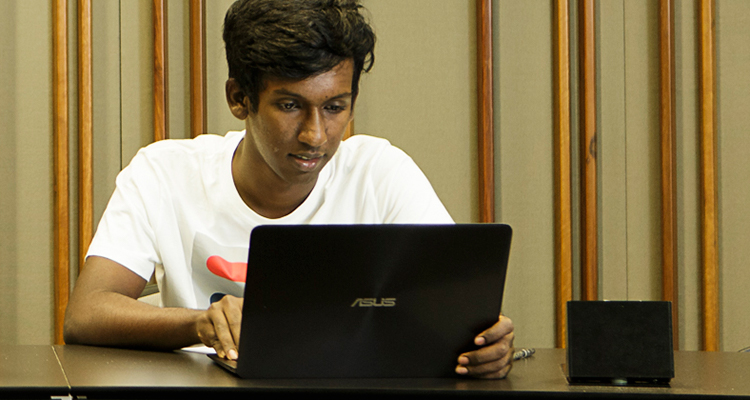
Safe record keeping is everyone's responsibility, but shared drives and email are not a satisfactory solution. RAMS provides the answer.
The University recently implemented an updated recordkeeping system known as Records and Archives Management System or RAMS.
RAMS is available to all UNSW staff to capture and manage University records not already captured to a compliant business system.
All staff and contractors of the University are required to make and keep full and accurate records of their activities. These records should be trustworthy, accessible, reusable and appropriately governed. They should also support improved decision-making, collaboration, transparency and outcomes across the University.
Records help UNSW deliver its services in consistent and equitable ways, and together they form the corporate memory of the organisation.
A record is any document in any format made or received as part of your work that provides evidence of action. Records prove what was done, what was said, what was agreed, sometimes even in a court of law. The University owns these records and together they form a vital organisational asset.
Business systems that manage records
Much of our work is carried out in digital format in the University's business systems and many of these systems have been certified as appropriate for the capture and management of records without the need for any further action by you, the user.
Examples of these systems are:
- Staff and students (PiMS, SiMS)
- Finance (NewSouth Financials, Calumo, nVision)
- Property (Archibus)
- Research (InfoEd)
- Teaching & learning (Aims)
Compliant business systems have controls in place to ensure the requirements of a record, such as their evidentiary fixed nature, retrievability, security controls, and disposal management, are met.
Business systems that do not manage records
However, some systems are not appropriate for the capture and management of records. These do not meet the basic requirements for managing records; any record captured here is not protected, trustworthy, accessible, or managed in an appropriate way until it can be destroyed.
Examples of these systems are:
- Personal Network Drives (H:\ Drives)
- Microsoft One Drive (or other hosting services such as Dropbox)
- Network Shared Drives
- Email accounts
All staff should be aware of the Recordkeeping Policy and the Recordkeeping Standard.
You can contact Records and Archives, or refer to this page for more information on how to access RAMS and manage your records.
- Log in to post comments
